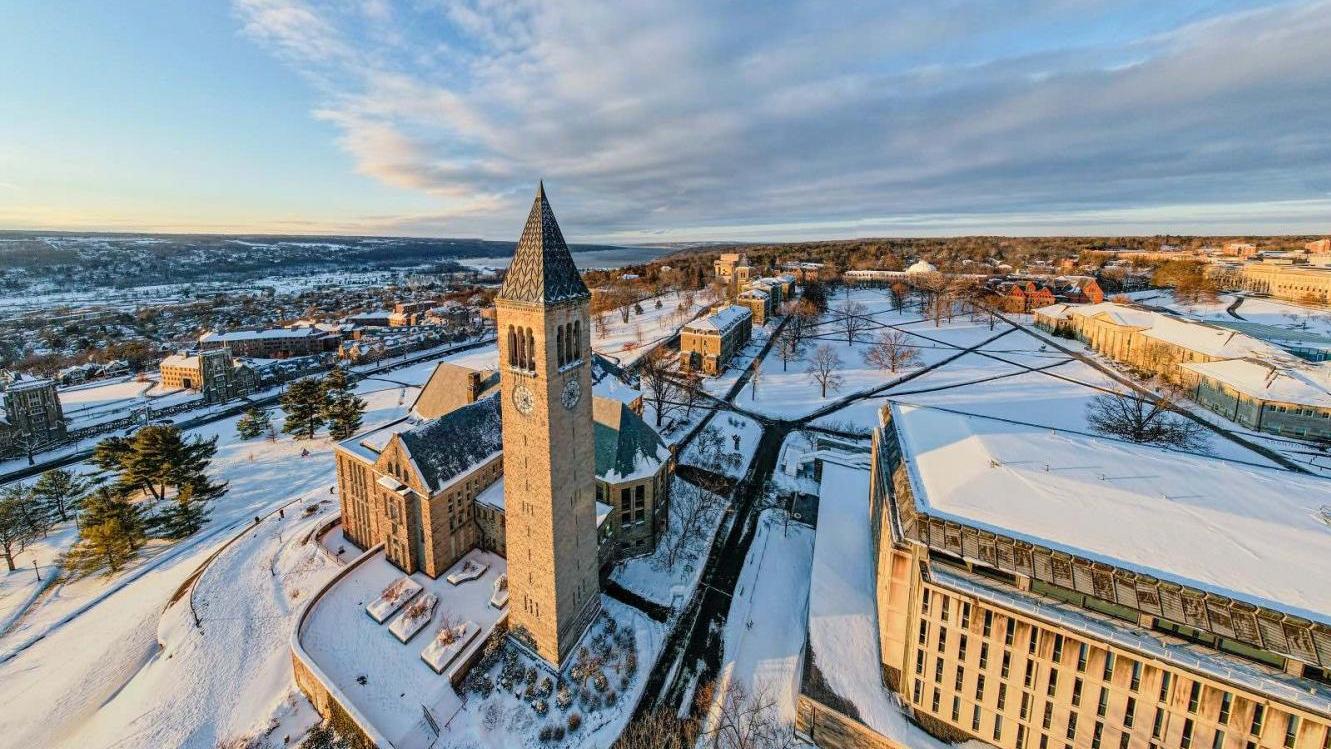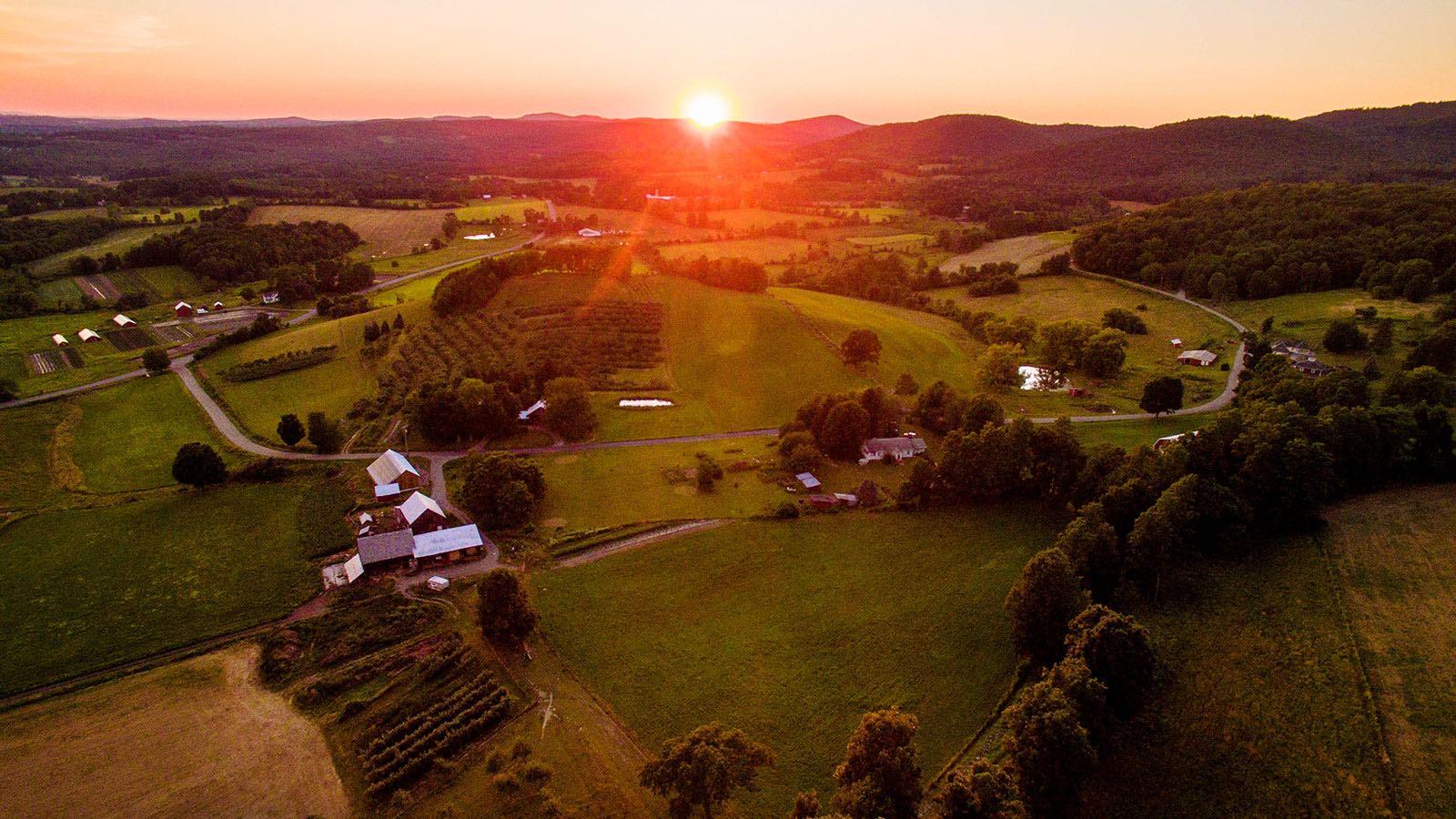Rural Humanities is an Andrew W. Mellon supported initiative in public and engaged humanities that uses the tools of the humanities to critically approach, learn from, make visible, and support the realities of rural America, particularly in Central-Western New York: its histories, cultures, challenges, and futures.

Current Projects
Rural Humanities aim to organize and coordinate the already existing Cornell faculty engagement, teaching, and research around “rural humanities” and forming them into a visible program that reaches from the community to the classroom and the conference room.
Read more about current projects and programs
Our initiative will help train the next generation of humanists in methods of public and engaged humanities research that will inform careers both inside and outside the academy, bringing vital humanistic methods to bear on the pressing question of contemporary America in a global context. Click here to explore our public humanities seminars.
About the Rural Humanities
Rural Humanities is an Andrew W. Mellon supported initiative in public and engaged humanities that uses the tools of the humanities to critically approach, learn from, make visible, and support the realities of rural America, particularly in Central-Western New York: its histories, cultures, challenges, and futures. A primary concern in the United States and beyond, one with profound implications for democracy, is the rural-urban divide. As an Ivy League university and land grant institution located in the heart of Central New York and in New York City, Cornell occupies a unique position geographically, historically, and intellectually. While the global future tends towards the city (for the first time, over half of the world’s population lives in urban environments), the present reality and foreseeable future are starkly defined by complex dynamics between rural and urban life, which are in urgent need of theoretical and practical engagement.
Methodologically, Rural Humanities recognizes that public scholarship is multifaceted: it may mean scholarship on public issues, for public purposes, with public partners, and/or the (co-)creation of public goods. From public-facing scholarly work on the rural (public humanities) to direct collaboration with community partners in the co-creation of scholarly projects (engaged humanities), we embrace all these forms of scholarly commitment, recognizing that we need them all if we are to address the staggering challenges that face our world today. We hope that through our approach of exploring Rural Humanities under the big methodological tent of “knowledge with a public purpose,” we can offer greater visibility to and understanding of the diverse and storied traditions of our region and beyond at the same time that we provide new opportunities and commitments for dialogue and research among students, scholars, our local communities, and the public at large.
In contradistinction to the rendering of the rural and rural landscapes as primarily homogeneous, conservative, or anti-urban, the “rural” in Rural Humanities denotes documentable places, spaces, temporalities, and human interactions that generate dynamic and open forms of knowledge and social practices. To describe the rural in inherently hermetic, anti-progressive terms not only impoverishes analyses of historical and future relations between the rural regions of our country and the urban and global networks of which they constitute an integral part; it also distorts these relations by generating simplistic and fallacious dichotomies that can be deployed to promote irreducible differences and mutual animosity. By advancing Rural Humanities as a scholarly endeavor in the service of and in critical dialogue with the public good, our goals include reinvigorating our thinking about and active engagement with our local rural communities, demonstrating their complexity in their own right and in relation to urban centers and globalization, and creating new or enhanced opportunities for public and engaged humanities.
Cornell University is located on the traditional homelands of the Gayogo̱hó꞉nǫ' (the Cayuga Nation). The Gayogo̱hó꞉nǫ' are members of the Haudenosaunee Confederacy, an alliance of six sovereign Nations with a historic and contemporary presence on this land. The Confederacy precedes the establishment of Cornell University, New York State, and the United States of America. We acknowledge the painful history of Gayogo̱hó꞉nǫ' dispossession, and honor the ongoing connection of Gayogo̱hó꞉nǫ' people, past and present, to these lands and waters.


